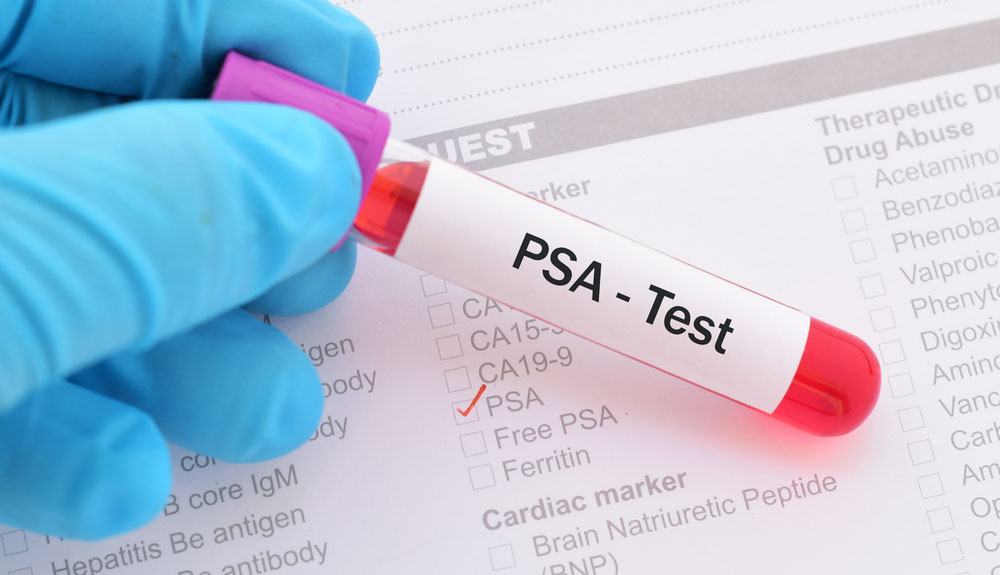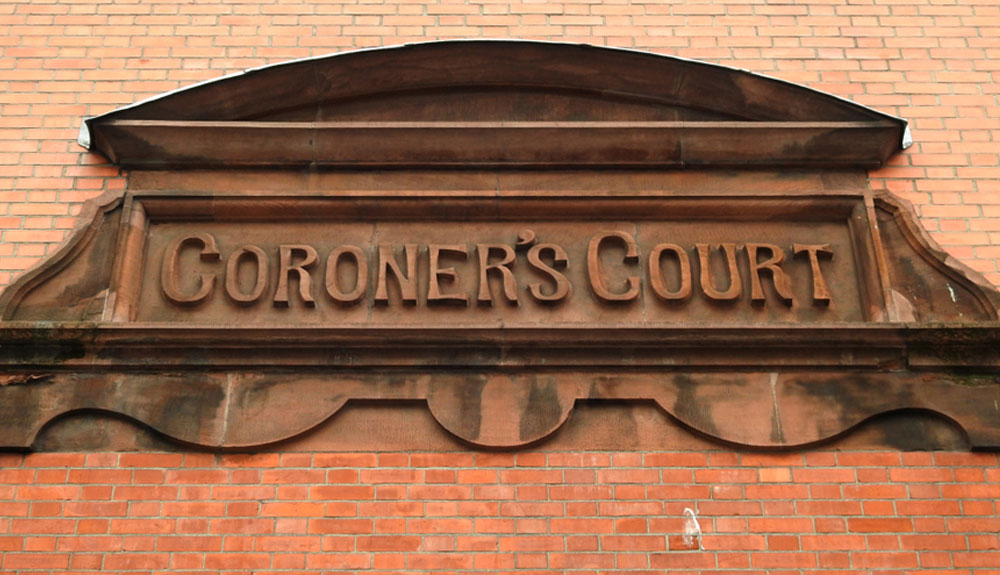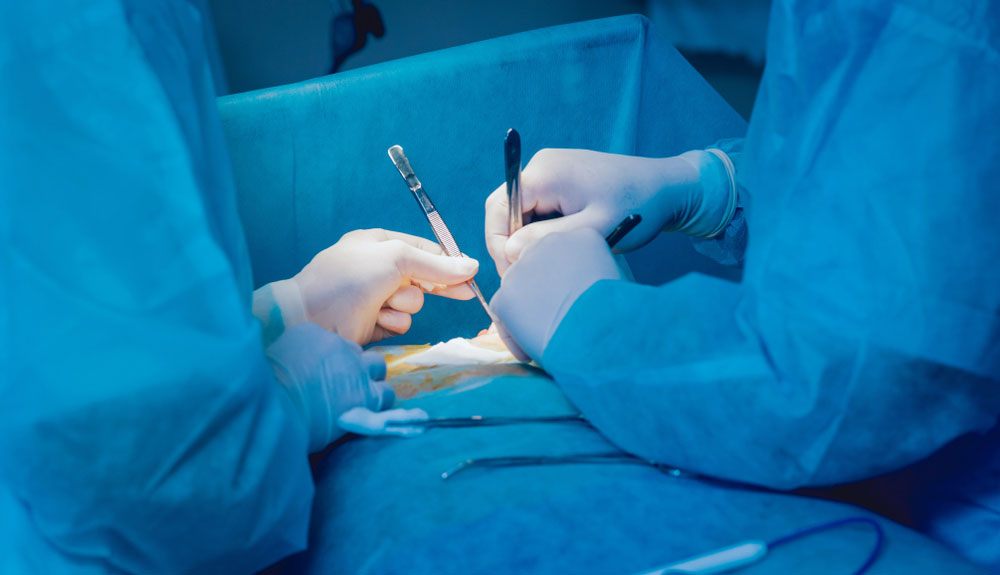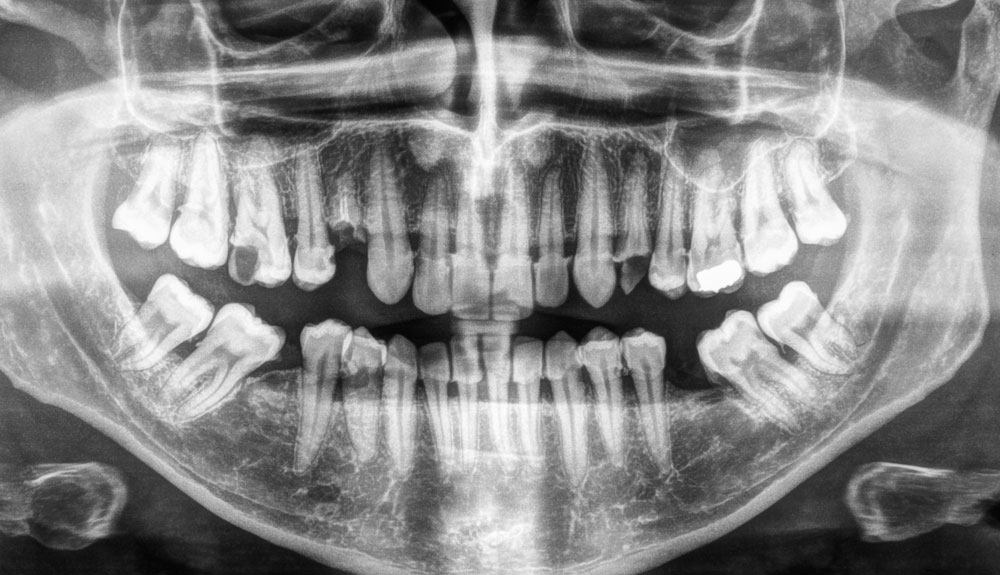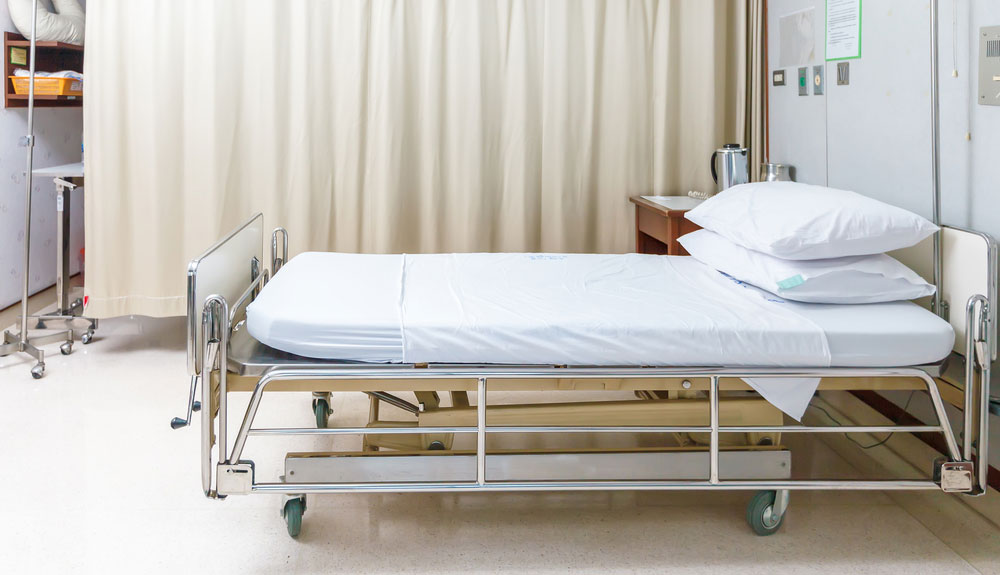Debunking some common myths about medical accident compensation.
For a free consultation about making a medical accident compensation claim just call us on 0333 888 0412 or drop us an email.
Medical accident claims often come with a lot of misconceptions and myths that can cause confusion and deter patients from seeking the justice they deserve. Understanding these myths and the reality behind them is crucial for anyone considering a claim. Here are some of the most common myths about medical accident compensation:
Myth 1: “The lawyers are just interested in the money.”
One of the most pervasive myths is that solicitors handling medical accident compensation claims are only interested in making money and are not genuinely concerned about the patient’s well-being. This couldn’t be further from the truth. Many solicitors are passionate about helping patients receive justice and compensation for the harm they’ve suffered. They work tirelessly to hold healthcare providers accountable and ensure that similar incidents are prevented in the future.
Our head of department, Oliver Thorne encouraged and triggered an investigation into Maternity care at North Devon District Hospital following a number of claims for birth injuries. And Partner Caroline Webber-Brown continues to act for victims of the mesh scandal having assisted clients in giving evidence at professional competency hearings and helping to rebuild their lives.
Myth 2: “You can’t make a medical accident claim if the treatment was free.”
Some people believe that you can’t make a medical accident compensation claim if the medical treatment was provided for free, through the NHS. This is not true. You can still pursue a claim for compensation regardless of whether the treatment was paid for privately or provided under the NHS. The key is to demonstrate that negligence occurred and that it resulted in harm to the patient.
Myth 3: “You need to know exactly what went wrong.”
Many people think they need to have a clear understanding of what went wrong in their treatment to make a claim. However, it’s the role of the legal team and medical experts to investigate and determine whether negligence occurred. Patients don’t need to be experts in medical procedures; they just need to provide their account of what happened and any relevant medical records.
If you have reasonable suspicion then that is sufficient to start the legal ball rolling. In addition, for the purposes of time limits on legal action the clock would start from the date your reasonable suspicion arose.
Myth 4: “Claims are always successful.”
There’s a misconception that all clinical negligence claims are successful. In reality, the success of a claim depends on the evidence and the specifics of the case. Not all claims will result in compensation, but that doesn’t mean they aren’t worth pursuing. Each case is unique, and it’s important to seek professional legal advice to understand your options and navigate the process effectively.
Myth 5: “It’s too late to make a negligence claim.”
While it’s true that there are time limits for bringing a medical accident compensation claim, known as the limitation period, the time limit can vary depending on the circumstances. It’s always best to seek legal advice as soon as possible to understand the specific time limits that apply to your case.
Myth 6: “You’ll have to go to court.”
Many people fear that making a claim will result in a lengthy and stressful court battle. In reality, most clinical negligence claims are settled out of court through negotiation and mediation. Going to court is a last resort, and the majority of cases are resolved without the need for a trial.
Understanding these myths and the reality behind them can help patients make informed decisions about pursuing a clinical negligence claim. If you suspect you’ve been a victim of clinical negligence, it’s important to seek professional legal advice to understand your options and navigate the process effectively.
Our medical accident lawyers have been rated as one of the best teams in the UK, and will be pleased to provide you with a free consultation, along with details of our fully funded No Win, No Fee scheme. Just call us on 0333 888 0412 or drop us an email.






